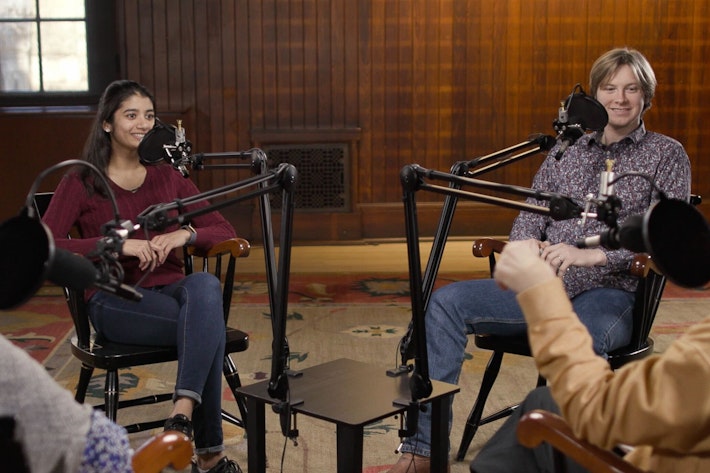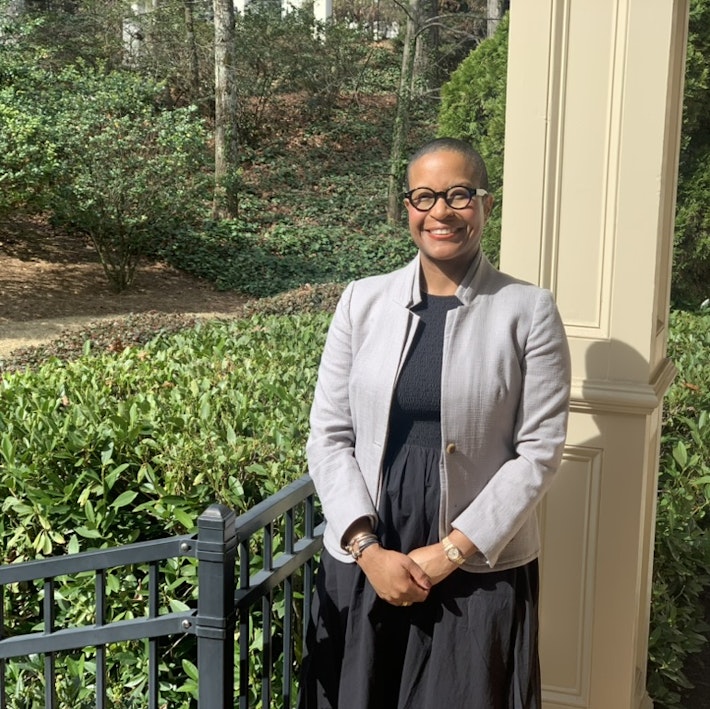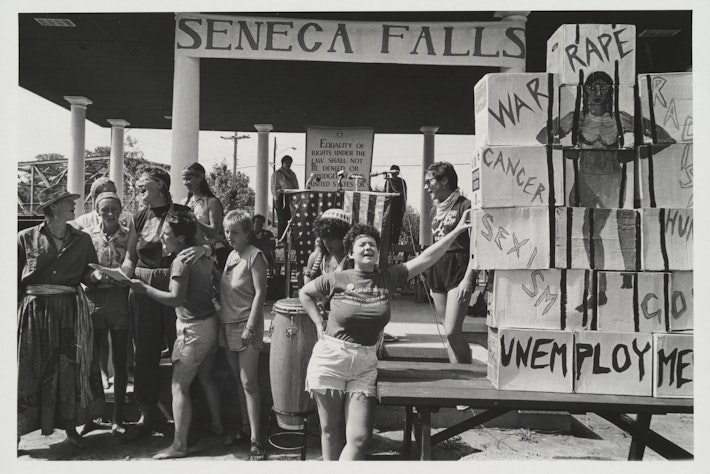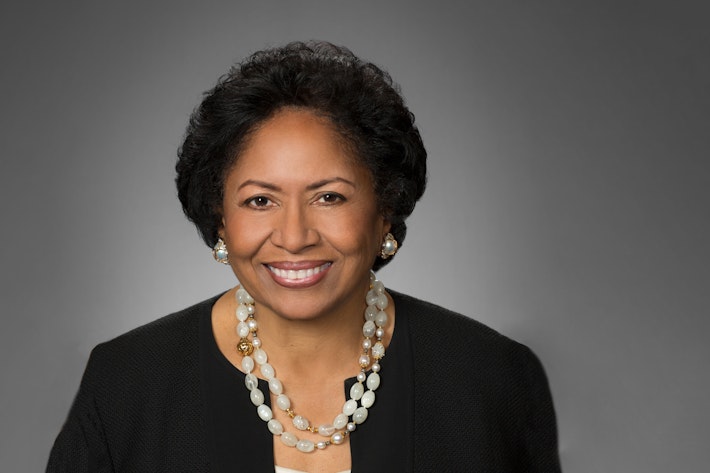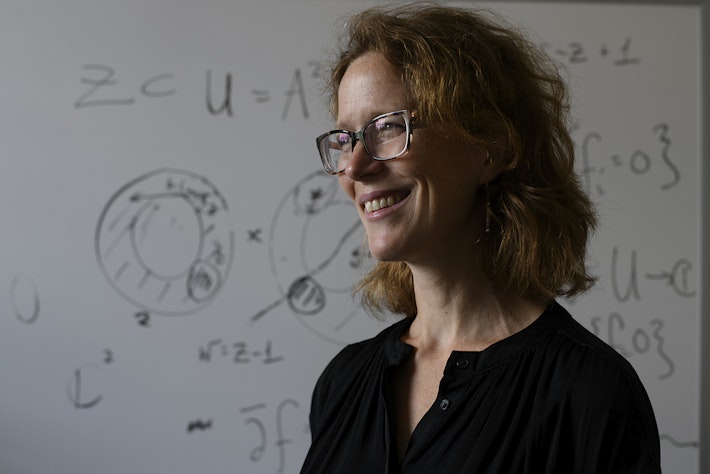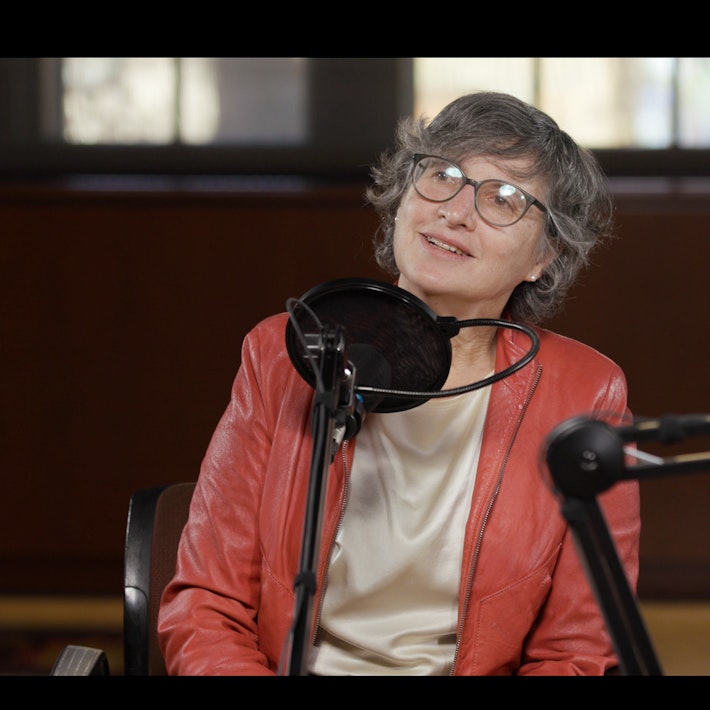Emerging Storylines
Radcliffe conference will highlight the Schlesinger Library's effort to build Asian American collections.
A year ago in these pages, Jane Kamensky, the Carl and Lily Pforzheimer Foundation Director of the Schlesinger Library, noted the first convening of the Asian American Women’s Advisory Group, a panel representing a range of experiences and charged with helping the Library plan and execute a new drive to document how Asian American women and families have influenced the national character.
“As the United States reckons with its place in what has been called the Pacific Century,” Kamensky wrote, “the Library is excited to connect with new communities of immigrant women and their descendants in California, New York, the Midwest, and beyond.”
The Schlesinger’s plan struck Helen Zia—an Asian American activist and the author of Last Boat out of Shanghai: The Epic Story of the Chinese Who Fled Mao’s Revolution (Ballantine Books, 2019)—as both an opportunity and a challenge. It also instilled in her a fuller, more intimate sense of the Library’s commitment to diversifying its collections.
“The American public consciousness generally is not aware of the existence of Asian Americans, let alone as peoples with a long-standing place in this country’s history. So the Schlesinger’s deliberate efforts to capture those histories and stories through the archives of Asian American women is remarkable and commendable.”
Among the group’s first priorities was to connect with one another, Zia said. Another objective was “to get to know the Schlesinger Library archive and its goals and exceptional staff better, to understand what is expected from us.” From there, she said, “We could roll up our sleeves and start examining the scope of the task ahead and how to set parameters for achievable goals, such as how to expand our outreach and what segments of the broader population of Asian American women we hope to reach.”
Consensus formed around a conference during which members of the panel and others could amplify the case for expanding Asian American collections and elevate the Library in the minds of individuals seeking homes for their personal archives. “The Stories We Tell and the Objects We Keep: Asian American Women and the Archives” is scheduled for March 9 at the Knafel Center. The event will feature novelists, scholars, artists, and others.
Zia, slated to be a featured speaker at the conference, expects yet another learning experience in an effort that has deepened her appreciation for the demands, power, and complexity of archival work.
“As an end user, the process of acquisition is invisible, as is the laborious effort to catalog and make the materials usable,” she said. “I now have a much clearer picture of the intensive effort that’s involved and have been very impressed by the care and intentionality of the Schlesinger archive staff.”


